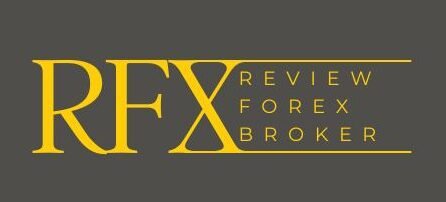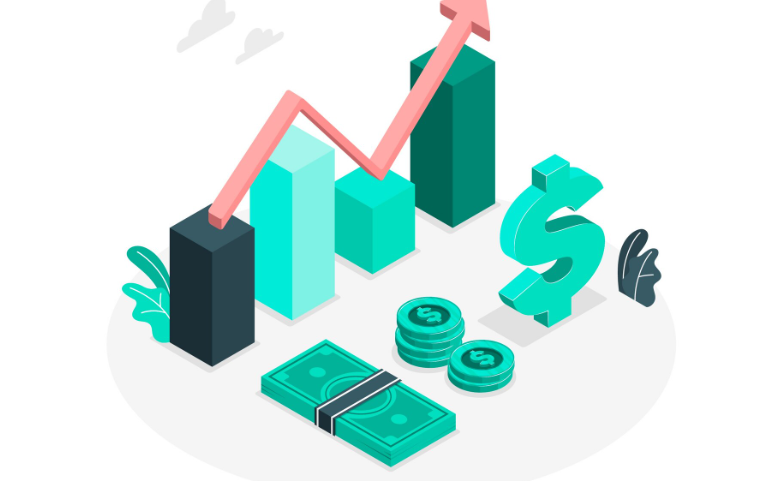The allure of Forex trading is undeniable: the promise of high liquidity, 24/5 markets, and the potential for substantial returns. However, this vibrant global market also attracts a darker side – a multitude of unscrupulous brokers and outright scams preying on unsuspecting traders. In 2025, with more online platforms than ever, knowing how to spot a trustworthy Forex broker amidst the noise is absolutely critical.
Don’t let the fear of scams deter you from exploring Forex, but do arm yourself with knowledge. Here’s your ultimate guide to identifying a legitimate broker and protecting your capital.
1. Regulation, Regulation, Regulation (and What to Look For)
This is the absolute golden rule. A trustworthy Forex broker will always be regulated by a reputable financial authority. This regulation isn’t just a badge; it means the broker adheres to strict rules and guidelines designed to protect traders and ensure fair market practices.
- Top-Tier Regulators to Look For (Globally):
- FCA (Financial Conduct Authority – UK): One of the strictest and most respected regulators.
- CFTC (Commodity Futures Trading Commission) & NFA (National Futures Association – USA): Rigorous oversight for US-based brokers.
- ASIC (Australian Securities and Investments Commission – Australia): A robust regulatory body.
- CySEC (Cyprus Securities and Exchange Commission – Cyprus): A leading regulator for brokers operating within the EU, offering harmonized standards.
- BaFin (Bundesanstalt für Finanzdienstleistungsaufsicht – Germany)
- FINMA (Swiss Financial Market Supervisory Authority – Switzerland)
- MAS (Monetary Authority of Singapore – Singapore)
- How to Verify: Don’t just take their word for it!
- Find the License Number: A legitimate broker will prominently display their regulatory body and license number on their website (usually in the footer or “About Us” section).
- Cross-Reference: Go directly to the official website of the regulatory authority (e.g., fca.org.uk, cftc.gov) and search for the broker’s name or license number in their public register. Ensure the details match exactly.
- Red Flag: A broker claiming to be “regulated” by an obscure, lesser-known, or offshore authority with weak oversight (e.g., some Caribbean nations that offer easy licenses with little enforcement). Or worse, no regulation at all.
2. Client Fund Segregation: Your Money’s Safe Haven
A hallmark of a legitimate broker is the segregation of client funds. This means your deposited money is held in separate bank accounts from the broker’s operational capital.
- Why it Matters: In the unlikely event that the broker faces financial difficulties or goes bankrupt, your funds are protected and cannot be used to pay off the broker’s debts. They remain yours.
- What to Look For: The broker’s website should clearly state that client funds are segregated with top-tier banks.
3. Investor Compensation/Insurance Funds
Many reputable regulatory jurisdictions offer investor compensation schemes or insurance funds.
- How it Works: In the event of a broker’s insolvency, these funds provide a safety net, compensating eligible clients up to a certain amount (e.g., FSCS in the UK, ICF in Cyprus).
- What to Look For: Check if the broker operates under a jurisdiction that provides such a fund and understand the coverage limits.
4. Transparency in Fees, Spreads, and Terms
A trustworthy broker is open and honest about their costs and terms.
- Clear Fee Structure: All commissions, spreads, overnight (swap) fees, deposit/withdrawal fees, and inactivity fees should be clearly outlined and easy to find on their website.
- Realistic Spreads: While spreads vary, be wary of “too good to be true” ultra-low or fixed spreads that might hide other costs or come with significant trading restrictions.
- Clear Terms & Conditions: A legitimate broker will have comprehensive and accessible legal documents, including their client agreement, risk disclosure, and privacy policy. Read these carefully.
5. Promises of Guaranteed Profits & High-Pressure Tactics: Major Red Flags
This is a classic scammer’s playbook.
- No Guarantees: Forex trading is inherently risky. Any broker guaranteeing high or consistent profits, promising “get rich quick” schemes, or claiming their system is “foolproof” is a scam. Legitimate brokers always emphasize the risks involved and provide risk disclaimers.
- High-Pressure Sales: Be extremely suspicious of unsolicited calls or emails, aggressive sales tactics, or demands for immediate deposits. Scammers often create a false sense of urgency.
- Unsolicited Offers: If someone you don’t know contacts you out of the blue offering an “exclusive investment opportunity,” it’s almost certainly a scam.
6. Withdrawal Process: Test the Waters
Before depositing a large sum, test their withdrawal process.
- Smooth Withdrawals: Reputable brokers have clear, relatively fast, and hassle-free withdrawal procedures.
- Red Flag: Unexplained delays, excessive fees, or constant excuses when you try to withdraw your funds. This is a common tactic used by fraudulent brokers to hold onto your money.
7. Online Reputation and Reviews (with Caution)
While not foolproof, online reviews can offer insights.
- Look for Consistency: Search independent review sites (e.g., Trustpilot, ForexPeaceArmy) and forums. Look for consistent patterns of complaints (or praise) rather than isolated incidents.
- Be Wary of Extremes: Overwhelmingly positive reviews that are vague or repetitive can be fake. Similarly, a single, highly negative review might be from a disgruntled client rather than a systemic issue. Look for balanced, detailed feedback.
8. Demo Account Availability
A reliable broker will offer a free demo account.
- Purpose: This allows you to test their platform, charting features, execution speeds, and customer service without risking real money. It’s an essential step in your due diligence.
The Bottom Line: Your Due Diligence is Key
Choosing a Forex broker is one of the most important decisions you’ll make as a trader. Don’t rush it. Prioritize regulation, fund safety, and transparency above all else. By diligently researching, asking the right questions, and trusting your instincts, you can confidently navigate the sea of brokers and find a trustworthy partner for your Forex trading journey.

